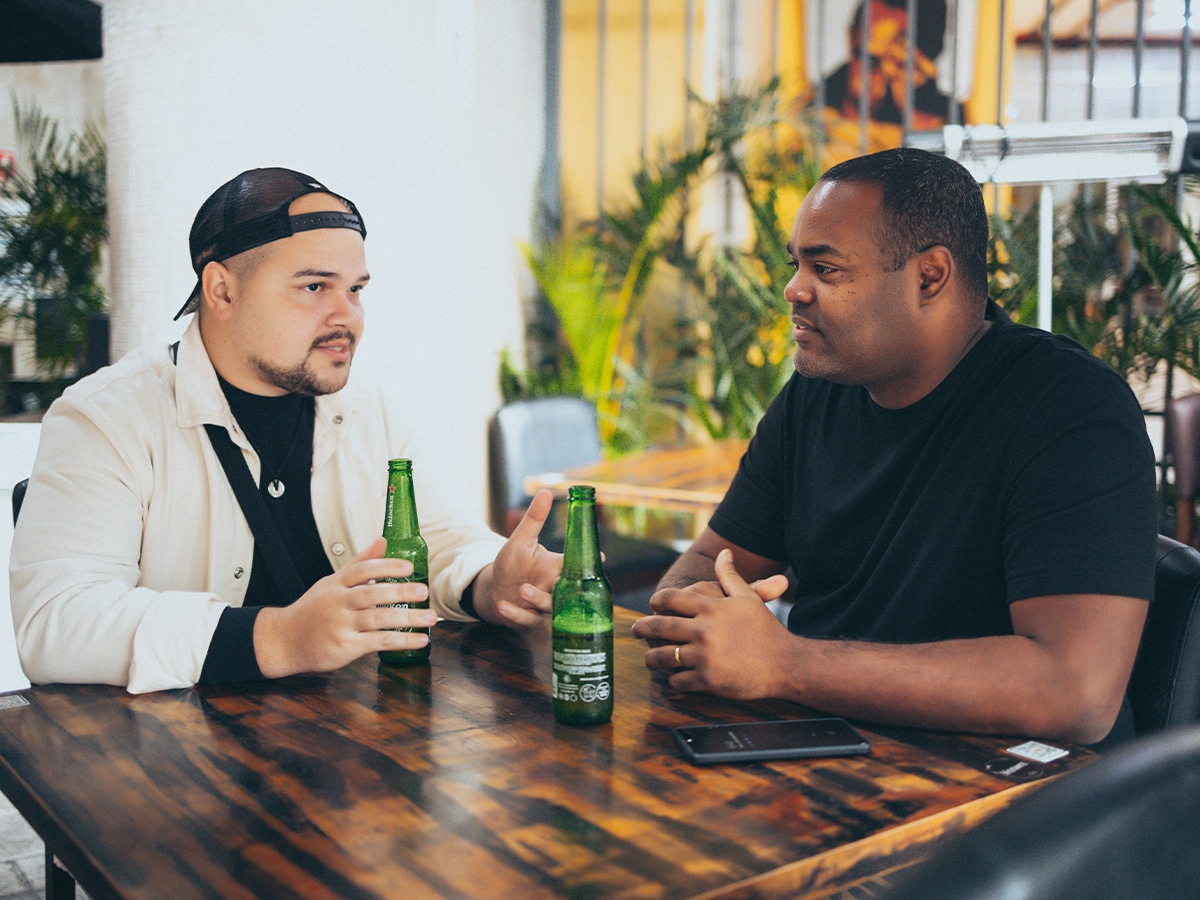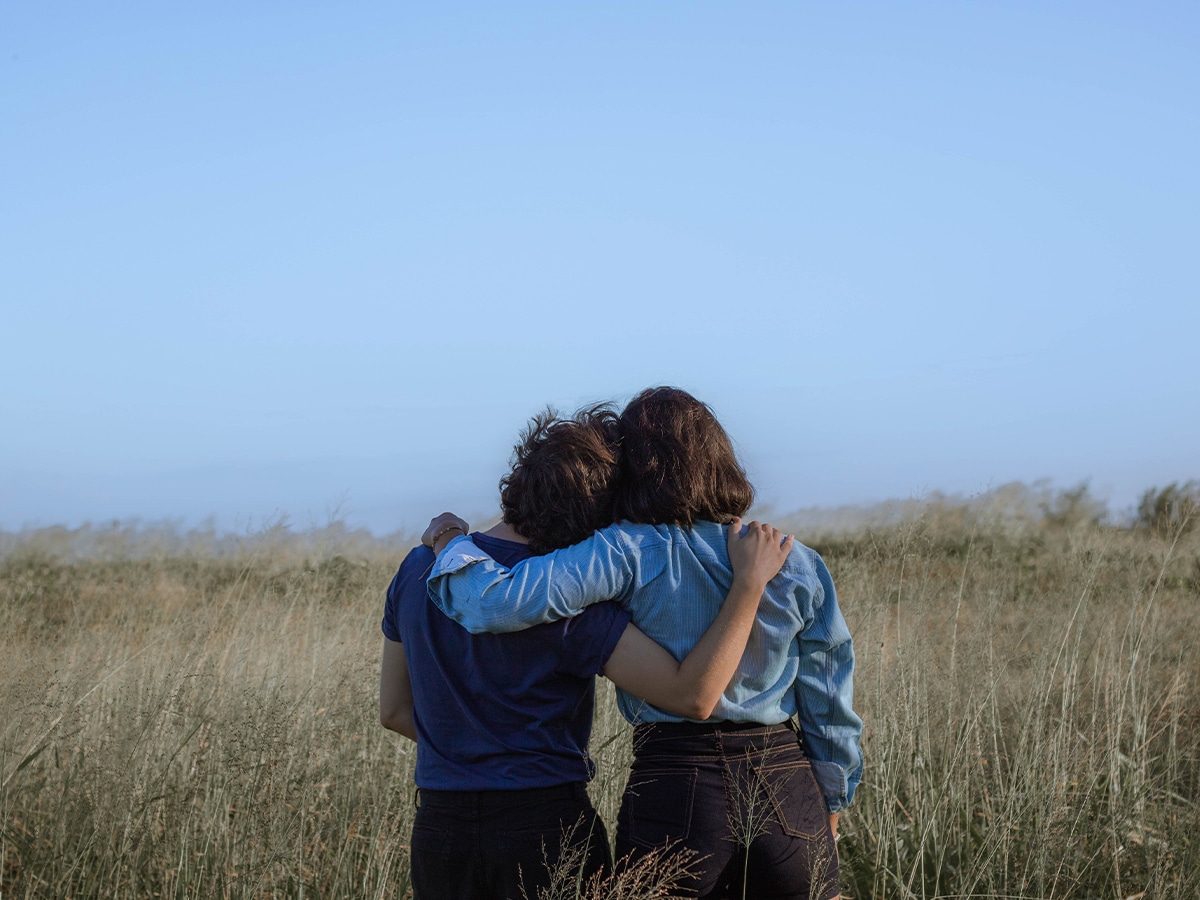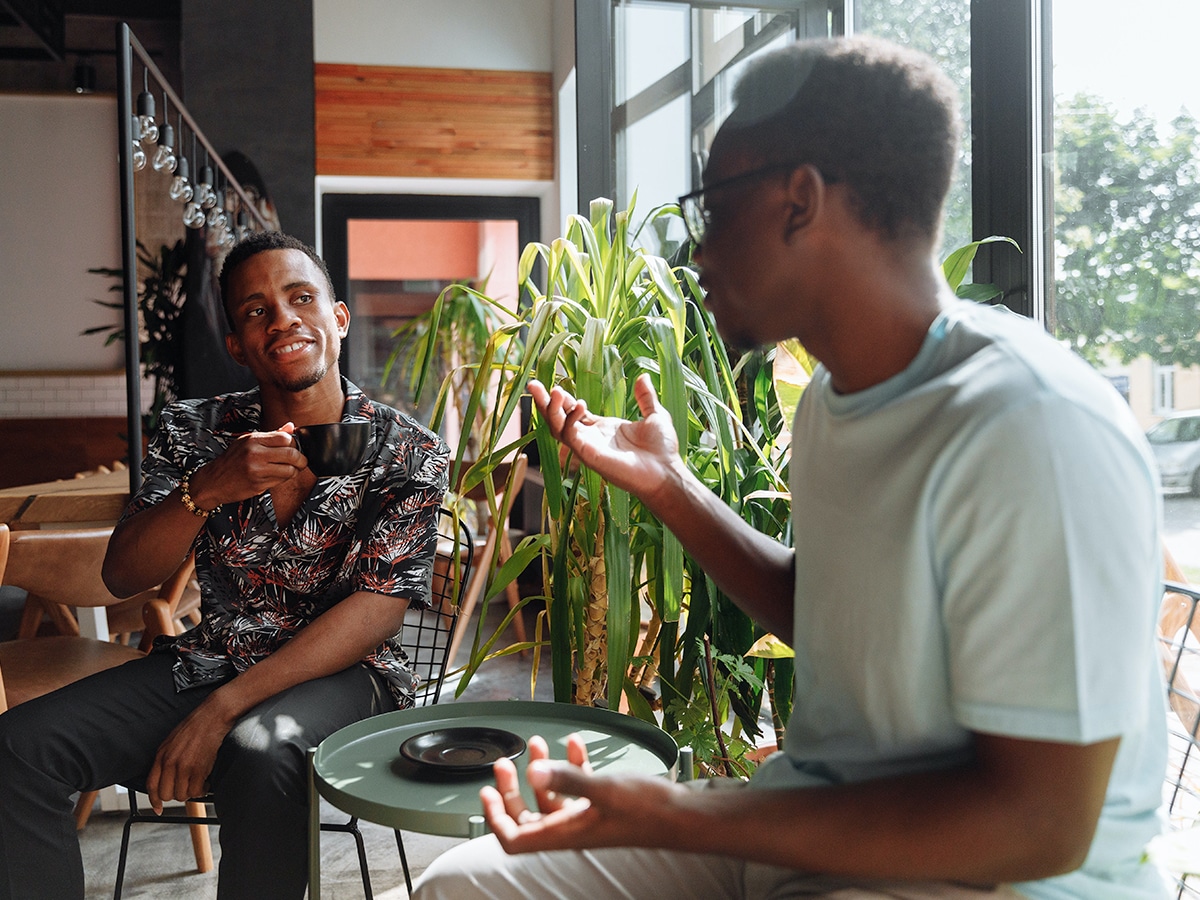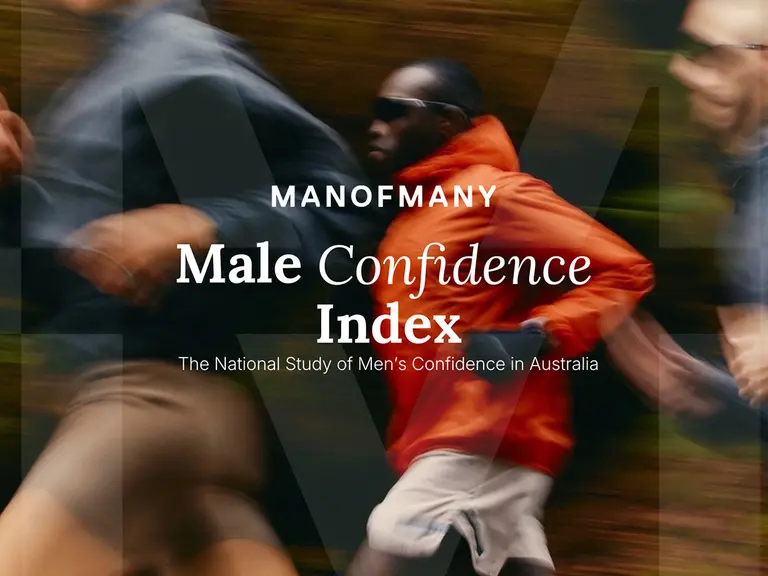Readtime: 9 min
Every product is carefully selected by our editors and experts. If you buy from a link, we may earn a commission. Learn more. For more information on how we test products, click here.
Gone are the days of starting friendships by walking up to a group playing basketball in the quadrangle and asking them to ‘pass it to me’. As adults, lads are already in cliques, and established friendship groups are harder than ever to penetrate. Add to that the fact that more and more people are working from home, and you’d be forgiven for thinking the number of close friends you have access to as an adult is dwindling.
It’s no wonder that people 1 in 4 Australians report loneliness and 1 in 2 feel more lonely since the pandemic. The good news? It’s possible to make friends as an adult if you’re willing to get a little vulnerable and awkward. Here’s how:

Why is it Harder to Make Friends as an Adult?
At one point in your life, it probably felt easy to make friends. Throughout our early years we spend time at school (and university) with the same people every day, making it very simple to find people you like spending time with or have shared interests with. Often, you’re living in close proximity, and have a lot of time on your hands to spend together.
Once you’re out in the world and have to become a bit more responsible, all that time can easily become taken up by work and family obligations, and the two main resources used to foster relationships—time and energy—are in short supply. It’s often easier to default back to shallower online connection, but these often aren’t sufficient enough to foster real, lasting friendships.
Instead, it is important for us all to realise that as we get older, we do need to make more of an effort to get out there and make friends, or to reconnect with those we may have fallen out with. Your mental health with thank you.
How Do You Make Friends as an Adult?
While it isn’t always easy to put yourself out there and try something new—especially when that ‘something new’ involves putting yourself out there and trying to meet other people—it is always worth it. Not only because it will foster a sense of connection between yourself and others, but because it’ll have a measurably positive impact on your physical health, too.
If you’re having trouble making friends, try out the steps below and then consider seeing a therapist to see if they can support you in this temporary ‘stuckness’.
1. Ask Yourself What You Want in a Friendship
Friendships come in all different shapes and sizes, so an important first step to finding friends is to understand what that means to you. Do you want some mates who are geographically close to you so you can call them up for a beer at the local pub? Or do you want to deepen your relationship with a current friend or reconnect with a friend who’s moved interstate? Are you free only on weekends, or can you swing some mid-morning coffees with office mates (but not shop talk)?
Start this journey by defining what you want in a friendship and how much time you can to devote to it, and it will help make the next steps easier.
2. Know That Friendships Look Different Now
Reminiscing about high school friendships may bring up memories of having a care-free time when your social life was your number one priority. But our priorities change over time which means so do our friendships. For instance, people move away for work or to be with their families and priorities can shift from weekend cricket to family and work commitments… That doesn’t mean those friendships are over, though. If it’s a deeper connection with your old school mates that you’re after, consider reaching out to them and seeing if you can reignite the ol’ friendship flame – even if it’s just over text. Sometimes our connection with those we knew before can look different, but it’s just as valuable.
RELATED: How to Check in On Your Mates

3. Keep Searching; Your Mental Health Will Thank You
Male friendships are only now receiving the kudos they deserve for benefitting the mental health of those involved. Belonging sits in the middle of Maslow’s Hierarchy of Needs, right above safety – and friendship affords us both. Clinical psychologist, Dr. Lillian Nejad agrees on the importance of our friendships, “It’s our close, personal bonds with people that is the number one building block for resilience and our positive relationships can even prevent physical and cognitive decline.” Positive friendships and connection can help us through relationship or career breakdowns, stem loneliness and feelings of isolation, and positively impact our mental health.
A good way to keep yourself accountable on this journey is to set some small goals for yourself: such as texting one person you’d like to reconnect with each week, or signing up to a monthly event to try to find new people with similar interests.
4. Don’t be Afraid to Get Vulnerable
Your sense of connection is directly congruent with how deep your relationship is, in a friendship or a romantic relationship. Two ways to deepen your relationships are by being more open and vulnerable and by spending quality time together.
Close relationships are built on trust and genuine communication. Instead of powering through any personal challenges you have, consider opening up to your friends and sharing your hurt, disappointment or fears. Transform your superficial conversations into deep-and-meaningfuls to that the time you are spending together is ‘quality’, not just quantity. Overcoming the taboo of ‘men don’t share feelings’ is the best way to transition your work and gym acquaintances into true mates.
5. Leave the House, But Not the ‘Net
Just like when you’re dating, in person is best when you’re seeking a real connection. Leave the house and go where the people are. Gyms, churches, clubs, sports matches, classes are all great places where people who have similar interests to you routinely gather. Have a look at what’s on in your area and be confident to go it alone – you already have a something in common so making conversation will be much easier.
If that’s not possible for you either due to geography or nerves, start online and go from there. Online groups, classes, and communities can be a nice way to meet like-minded people and make connections without diving in head-first. Consider online forums, groups and communities (Facebook Reddit, Instagram) related to your hometown, or favourite sports team, or about a topic or product that interests you. Or say ‘hi’ next time you’re playing a multi-player game.

6. Invest in Your Interests
Making friends sometimes takes time and money. We’re not saying you need to pay for friendship, but investing in fees to join your local hobby club in person can open up an easy way to connect with others. Consider your local TAFE or community classes, memberships to your fave sports team’s next season, run clubs or gyms. The benefit of this? You have an existing common ground to start a conversation, and a friendship.
7. Be Curious and Consistent
When you do strike up a conversation, get curious about it. Ask open questions that your new friend has to answer with more than ‘yes’ or ‘no’. Listen in and ask follow-up questions, be interested. Be fully present. This will set you up for a more meaningful and memorable conversation that can lead to a new friendship.
And be consistent. Regularly go out to meet new people (not just ‘one and done’), and when you do meet them, follow-up. Send a text each week based off funny things you talked about or asking them out for a coffee in future. Or if texting isn’t your bag, send an Instagram meme via Direct Message about something you talked about.
The important thing to remember is that while you might not get it right every time, and not everyone will be ready for a friendship at the same time you are, it’s important to keep at it. If someone you text don’t respond, that’s okay, there are plenty more friendships in the sea. If you find yourself at a loss of who to reach out to, make an effort to meet new people by joining a club, or attending an event.
We live in an increasingly connected-yet-solitary world, but it doesn’t have to be that way: we just need to be willing to get a bit vulnerable.
About the Author: Tammi Miller is a certified practising counsellor, founder of BARE Therapy, and author of Paperback Therapy: Therapist-approved tools and advice for mastering your mental health. The Sydney-based professional is a Provisional Member of the Psychotherapy and Counselling Federation of Australia, and received her training at the Australian College of Applied Psychology (ACAP) in 2020.
General FAQs
While it’s easy to make friends as a child, forming new connections as an adult can be far trickier. Some great ways to make friends as an adult include joining clubs, playing in local sporting leagues, taking adult education classes, volunteering and attending social gatherings.
A recent study from the University of Nicosia found that the most important challenge cited was a lack of trust. According to the results, people found it harder to put their trust in someone new and fully invest in them as a friend compared to when they were younger.

































Comments
We love hearing from you. or to leave a comment.